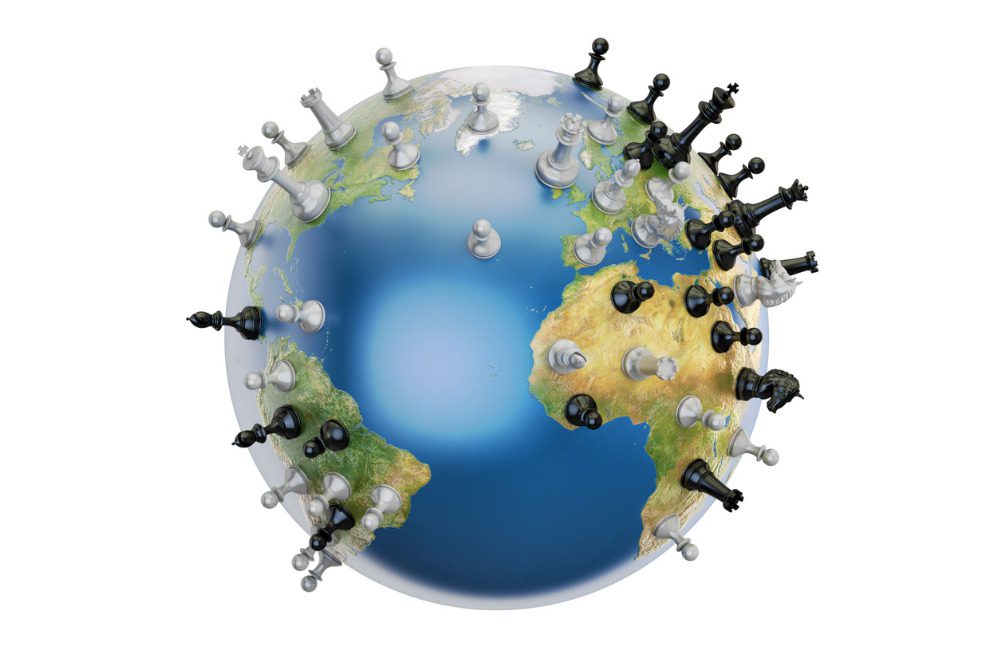WTW initiates program to research geopolitical risk

“Internal polarisation is being exacerbated by sharply rising costs of living, and risks weakening the decision-making capabilities of many western countries and corporates, emboldening alternative visions on national governance,” said Hélène Galy, head of the WTW Research Network. “By working with world-class industry specialists through our partnership with the American Enterprise Institute (AEI), based in Washington, and the New York-based Center on US-China Relations at Asia Society, we can help our clients understand the impact of geopolitical actions.”
In the wake of COVID-19, rapidly changing political, economic and social factors are challenging established international systems, WTW said.
US-China relations
The research program will explore the changing relationship between the US and China and its impacts on the international supply chain, trade blocs and international institutions, as well as other important geopolitical issues.
“On the whole, given that ‘engagement’ as a policy is no longer the operating system of relations between China and the liberal democratic world, there is an urgent need to factor questions of political risk into all considerations, whether as diplomats, academics, members of the media or businessmen,” said Orville Schell, the Arthur Ross Director of the Center on US-China Relations at Asia Society. “Building resilience into supply chains, diversifying the sourcing of high-technology products, ensuring the stability and continuity of food and water systems, and stabilising state-to-state relations is of fundamental importance to the current international system, especially in the growing Asia-Pacific region.”
Other geopolitical risks
The program will also consider how grey-zone aggression and cyber threats are becoming more commonly used strategies for achieving geopolitical objectives, as well as the political ramifications of climate change.
“I look forward to collaborating with WTW as part of its outstanding work analysing the intersection between globalised business and geopolitical confrontation,” said Elisabeth Braw, senior fellow at AEI. “No industry is more attuned to risk than the insurance sector, which has also been a leading force in trying to assess the risks stemming from today’s increasing geopolitical confrontation. Because companies are highly exposed to these risks, understanding them is vital not just for insurers but for Western economies more widely.”
How has geopolitical risk impacted your business? Let us know in the comments below.





